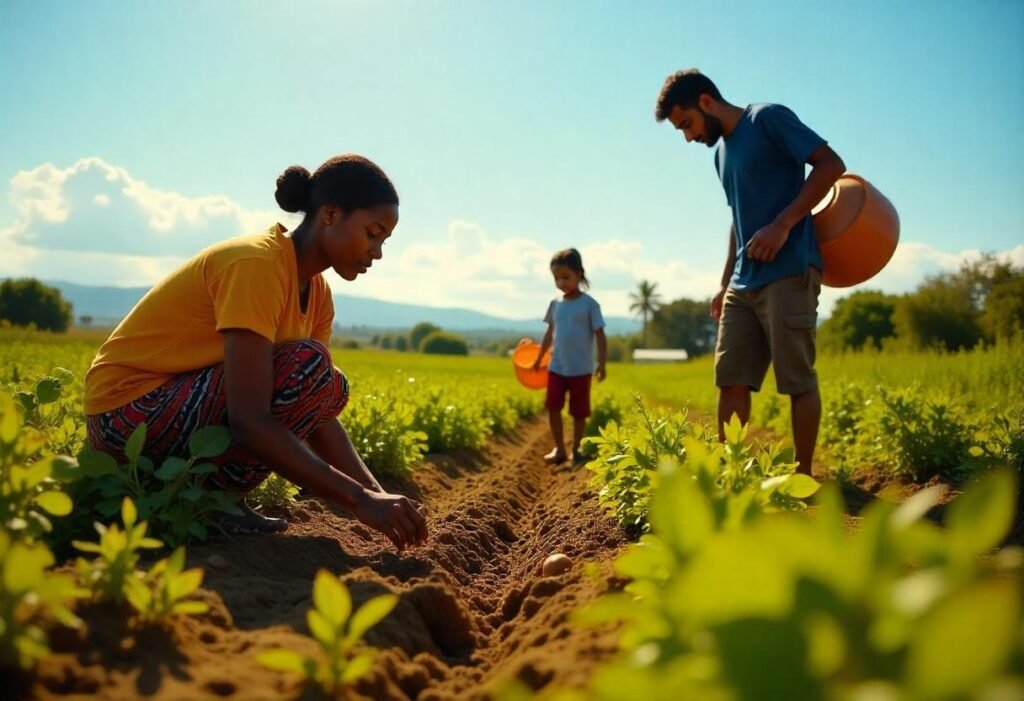The word “Aoomaal” often sparks curiosity, yet it holds deep cultural and historical significance for those who are familiar with its origins. Far from being a mere term, Aoomaal represents a rich tradition, encompassing folklore, community values, and a unique way of life. Rooted in ancient practices and adapted to modern times, the concept of Aoomaal is a testament to the resilience and adaptability of human culture.
This article delves deep into the history, significance, and relevance of Aoomaal. We’ll explore its origins, the traditions it embodies, and its influence on contemporary society. By the end, you’ll not only understand what makes Aoomaal so special but also feel inspired by its enduring legacy.
What Is Aoomaal?
Aoomaal is more than a term; it’s an embodiment of values, traditions, and history that span centuries. Deriving from an ancient linguistic root, Aoomaal symbolizes unity, community support, and shared responsibilities. Historically, it has been a central element in the lives of people who relied on mutual aid and collective effort to thrive in challenging environments.
Communities embracing Aoomaal often stress collaboration over competition, emphasizing the importance of harmony and mutual respect. This cultural philosophy continues to inspire individuals and organizations worldwide.
The Historical Roots of Aoomaal
The origins of Aoomaal can be traced back to ancient civilizations where collective action was key to survival. In agrarian societies, for instance, people pooled their resources to ensure a successful harvest. During harsh winters or droughts, Aoomaal provided a safety net, allowing communities to share food, water, and other essentials.
In medieval times, Aoomaal evolved into a more structured system. It became a formalized practice where communities would come together to build infrastructure, celebrate festivals, or assist families in need. The term also found its way into literature and art, often symbolizing resilience and the strength of human connection.
Why Aoomaal Matters Today
In today’s fast-paced world, where individualism often overshadows community spirit, the principles of Aoomaal offer a refreshing perspective. It reminds us that no one is truly self-sufficient and that collaboration is key to overcoming modern challenges.
From community-driven projects to corporate teamwork, the essence of Aoomaal can be applied in numerous settings. Its emphasis on mutual support aligns perfectly with contemporary movements advocating for social equity, environmental sustainability, and inclusive development.
The Role of Aoomaal in Modern Communities
Aoomaal continues to influence modern communities in significant ways. Here are a few examples:
- Shared Workspaces: The rise of co-working spaces reflects the principle of shared resources, echoing Aoomaal’s essence.
- Crowdfunding Platforms: Initiatives like GoFundMe and Kickstarter channel the spirit of Aoomaal by pooling resources for common goals.
- Local Cooperatives: In agriculture and trade, cooperatives exemplify the collective approach central to Aoomaal.
Each of these modern adaptations demonstrates how timeless the concept of Aoomaal truly is.
Aoomaal in Cultural Celebrations
Festivals and cultural celebrations often bring Aoomaal to life. In many regions, communities gather to share food, music, and stories, reflecting the essence of unity and mutual support.
For instance, harvest festivals worldwide share striking similarities with Aoomaal-inspired traditions. From preparing communal meals to organizing group dances, these events foster a sense of belonging and reinforce the bonds of community.
How Aoomaal Encourages Sustainable Living
Sustainability is another area where Aoomaal plays a vital role. Its emphasis on sharing and resourcefulness aligns with sustainable practices. Here’s how:
- Reduced Waste: Communities practicing Aoomaal often recycle and reuse resources, minimizing waste.
- Shared Energy Use: Collective energy projects, such as solar co-ops, reflect the Aoomaal principle of shared benefit.
- Community Gardening: Growing food collectively reduces the environmental footprint and promotes healthy living.
By adopting the principles of Aoomaal, modern societies can move closer to achieving sustainability goals.
Lessons from Aoomaal for Business Leaders
Business leaders can learn much from the Aoomaal philosophy. Here are some actionable insights:
- Foster Collaboration: Encourage team members to share ideas and support each other’s growth.
- Emphasize Shared Goals: Align individual objectives with the organization’s mission.
- Promote Inclusivity: Create a workplace culture that values diverse perspectives and mutual respect.
By integrating these lessons, organizations can cultivate a more cohesive and productive work environment.
Educational Significance of Aoomaal
The principles of Aoomaal are also finding their way into educational settings. Schools and universities are adopting community-based learning models that encourage teamwork and shared responsibility.
Group projects, peer mentoring, and community service initiatives embody the spirit of Aoomaal, helping students develop not just academic skills but also emotional intelligence and social responsibility.
Aoomaal in Popular Media
Aoomaal has also made its mark in popular culture. From literature to films, its themes of unity and resilience resonate deeply with audiences. Stories featuring communities overcoming challenges through collaboration often draw inspiration from the concept of Aoomaal.
For example, films like The Pursuit of Happyness and books like The Grapes of Wrath capture the essence of mutual aid and collective resilience.
How to Incorporate Aoomaal in Your Daily Life
Adopting the principles of Aoomaal doesn’t require a major lifestyle overhaul. Here are some simple ways to integrate it into your life:
- Volunteer in Your Community: Offer your time and skills to local initiatives.
- Share Resources: Consider sharing tools, books, or other items with friends and neighbors.
- Support Local Businesses: Choose to shop locally and support small businesses that contribute to your community.
- Be a Mentor: Share your knowledge and experience with others to help them grow.
Each of these steps brings you closer to living the values of Aoomaal.
Challenges in Preserving
Despite its many benefits, Aoomaal faces challenges in today’s world. Urbanization, technological advancements, and the rise of individualism have all contributed to its decline. However, with conscious effort, these obstacles can be overcome.
Promoting Aoomaal through education, policy-making, and media can help preserve its essence for future generations.
A Global Perspective
Although the term “Aoomaal” may originate from a specific cultural context, its principles are universal. Cultures worldwide have their versions of Aoomaal, demonstrating its global relevance.
For instance:
- Ubuntu (Africa): Emphasizes communal support and shared humanity.
- Gotong Royong (Indonesia): Focuses on cooperation within communities.
- Mutual Aid Societies (Western Countries): Provide financial and social support to members.
These parallels highlight the universal appeal and adaptability of Aoomaal.
Conclusion
Aoomaal is not just a cultural concept; it’s a way of life that celebrates unity, resilience, and mutual aid. In a world that often prioritizes individual success over collective well-being, Aoomaal serves as a powerful reminder of the strength found in the community. Whether through ancient traditions or modern adaptations, its principles continue to inspire and guide us toward a brighter, more inclusive future.
By embracing Aoomaal in our daily lives, we not only honor its rich history but also contribute to a more harmonious and sustainable world.
FAQs
What is the meaning of Aoomaal?
Aoomaal symbolizes community, collaboration, and mutual support. It encompasses traditions and practices that promote collective well-being.
How is Aoomaal relevant today?
Aoomaal’s principles of unity and resource-sharing are increasingly relevant in areas like sustainability, education, and community development.
Can Aoomaal be applied in the workplace?
Yes, Aoomaal’s emphasis on collaboration and shared goals can enhance teamwork, inclusivity, and productivity in the workplace.
Are there modern examples of Aoomaal?
Examples include co-working spaces, crowdfunding platforms, and community-driven initiatives like local cooperatives.
How can I practice Aoomaal in my life?
You can embrace Aoomaal by volunteering, sharing resources, supporting local businesses, and mentoring others.
What challenges does Aoomaal face in the modern world?
Urbanization, technological change, and individualism pose challenges to Aoomaal, but efforts in education and policy-making can help preserve it.
Is Aoomaal unique to one culture?
While the term may originate from a specific culture, its principles are universal and found in practices like Ubuntu in Africa and Gotong Royong in Indonesia.



